By Luis Alvarado, Head of GAEA, Strategic Public-Private-Philanthropic Partnerships, World Economic Forum
Only 6% of the trillions needed annually by 2025 to limit global warming to 1.5C has been mobilised to date. The scale of the climate and nature crises far exceeds what any single actor can address alone. Catalytic philanthropy, combined with corporate leadership and public policy, holds powerful potential to unlock capital and align action at speed and scale toward a net-zero, nature-positive future. Yet, such cross-sector success stories remain rare. Real transformation demands not just the will to collaborate across silos, but also the capabilities and investment to build, implement, and scale effective partnerships.
In response to this urgent need for radical collaboration, the Philanthropy Asia Alliance and the World Economic Forum's GAEA (Giving to Amplify Earth Action) Initiative have joined forces to help close the investment and impact gap. United by a shared vision to advance public-private-philanthropic partnerships, they are unlocking capital, accelerating action, and scaling solutions through coordinated collaboration. Together, they've been inspiring leaders to go further, faster — elevating innovative philanthropy and supporting initiatives that drive change across climate, inclusive development, health, and more. Their work is contributing to position Asia as a global force for good, demonstrating that transformational change is possible when collaboration leads the way.
As a powerful expression of this joint ambition, the GAEA Awards, powered by the World Economic Forum and launched with the support of PAA, spotlight and scale the world's most transformative cross-sector collaborations. Focused on advancing systemic, scalable solutions for climate and nature, the Awards recognise partnerships delivering real-world impact through innovative models of collaboration, including public-private-philanthropic cooperation. Winners are selected by a diverse group of high-level experts and leaders across sectors, ensuring credibility and relevance. Awardees embark on a tailored journey, designed in collaboration with GAEA, PAA and other co-founding partners, gaining visibility, opportunities to connect with potential partners, and access to platforms and communities convened by the World Economic Forum and its partners. Crucially, the Awards are embedded in a growing partner ecosystem of the GAEA Awards—nurtured to amplify each partnership's success while creating spillover effects that inspire and sustain more catalytic collaborations worldwide.
At the 2025 Philanthropy Asia Summit, under the theme "Priming Asia for Good", PAA and GAEA brought together the five winning collaborations of the GAEA Awards:
Decarbonising Rice: This initiative stands out for its innovative, scalable model at the intersection of food security and climate action. By leveraging collaboration between farming communities, research institutions, and private-sector partners, it not only reduces emissions but boosts productivity and resilience—demonstrating how science-backed solutions can benefit both the environment and rural livelihoods when designed to engage different sectors.
Built by Nature: Recognised for transforming one of the most carbon-intensive sectors, Built by Nature is a cross-industry network-of-networks that brings together demand-side actors across the construction industry to foster localised partnerships, promote renewable building materials, and fund replicable models for sustainable construction — showcasing the systemic shifts needed to decarbonise the built environment.
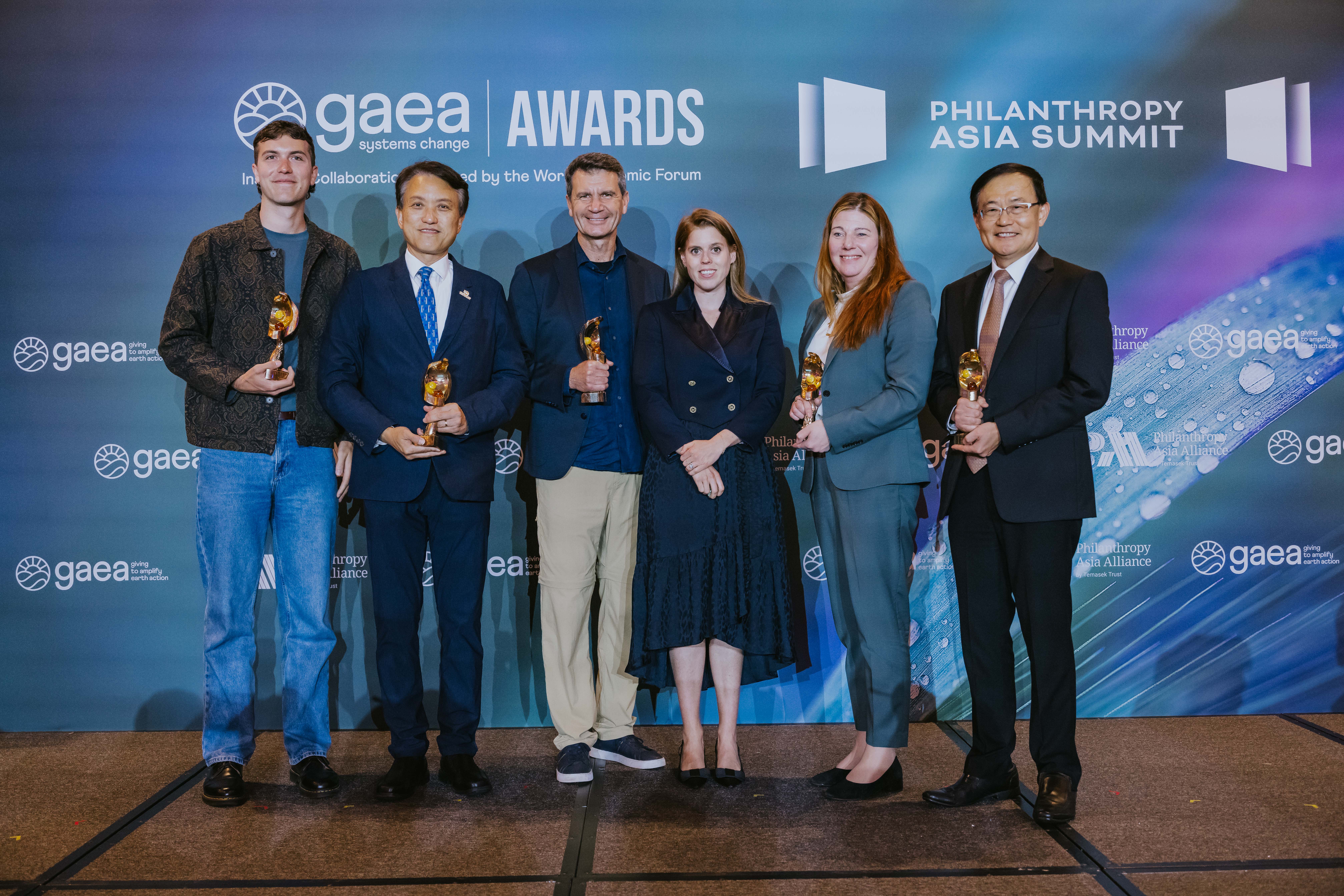
2025 GAEA Awards winners with H.R.H. Princess Beatrice, St James PalaceHYBRIT: By tackling the challenge of decarbonising steel production through a business-led, value-chain approach, HYBRIT is a joint venture between three leading Swedish companies that exemplifies how collaboration can drive breakthrough technological solutions in critical industries with high emissions and global relevance.
Global Energy Alliance for People and Planet (GEAPP): GEAPP combines clean energy access with a collaborative "Alliancing" model and data-driven strategies. Its integrated approach to decarbonisation and development, convening governments, communities, technology pioneers, policymakers, development banks, and private-sector partners, is creating long-term, systemic impact across emerging markets—aligned with local needs and priorities.
Youth Climate Justice Fund (YCJF): YCJF is celebrated for its participatory, scalable model that breaks systemic barriers to funding. It successfully aggregates catalytic philanthropy through an innovative model of donor collaborative to empower marginalised youth and support grassroots climate action, bringing equity and inclusivity to the forefront of climate justice solutions worldwide.
The session at the Philanthropy Asia Summit, titled "GAEA Awards Ceremony: Celebrating Catalytic Partnerships Transforming Systems", convened global leaders from philanthropy, business, investors, and beyond for an energising conversation on what's possible when sectors unite. Leveraging voices from high-profile leaders such as Her Royal Highness Princess Beatrice of the U.K. and Ben Rhodes, former advisor to the White House under the Obama Administration, to philanthropy and investor leaders across generations, including Mark Dalio of OceanX, Chavalit Frederick Tsao of Tsao Pao Chee Group, Kathlyn Tan of the Rumah Group, Maximillian Martin of Lombard Odier Group, Ayesha Al Ateeqi of the Mohamed Bin Zayed Water Initiative, and Nanette Medved of PCX Solutions and PCX Markets, the session powerfully demonstrated how storytelling rooted in real systems change can unlock imagination, align purpose and strategies, and accelerate the shift toward more inclusive, resilient, and regenerative economies.
To meet the urgency of today's global challenges, we must invest in powerful partnerships that break silos and accelerate solutions. By spotlighting what works and scaling success across regions and sectors, we can build a thriving, resilient future—for people and the planet. In the face of converging global challenges, collaboration isn't optional. It's our most vital pathway forward.
For more insights into building systemic partnerships, read the latest World Economic Forum white paper: Making Collaboration Work for Climate and Nature: Practical Insights from GAEA Award Winners.

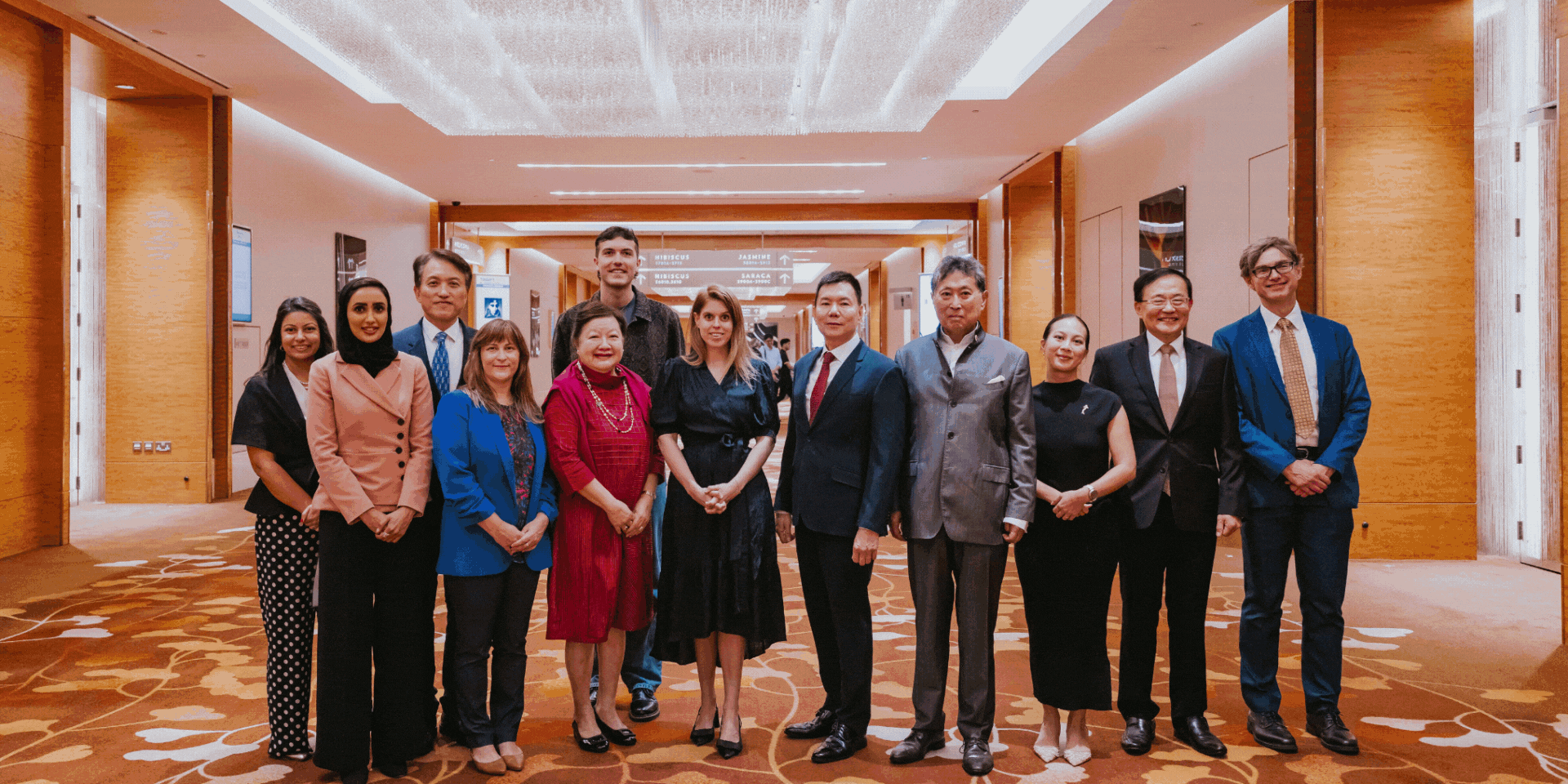
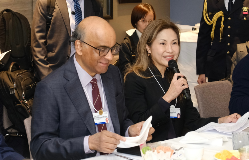
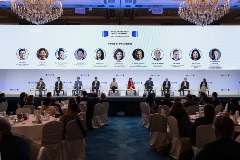
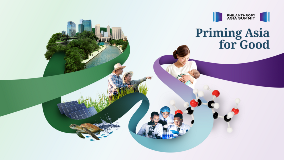

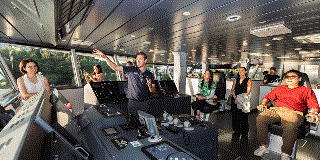

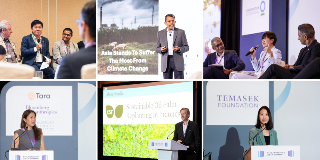
.tmb-.png?Culture=en&sfvrsn=7fea9931_1)
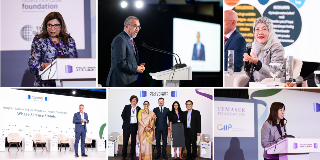
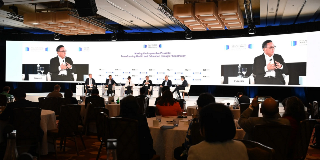
.tmb-.gif?Culture=en&sfvrsn=e13997ec_1)

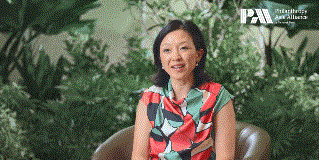
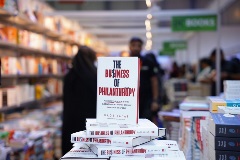
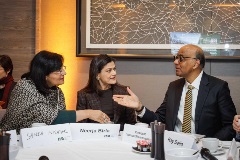
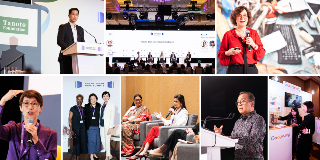
.tmb-.gif?Culture=en&sfvrsn=3f4b1163_1)
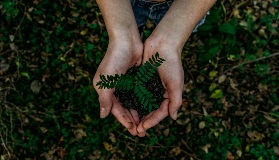
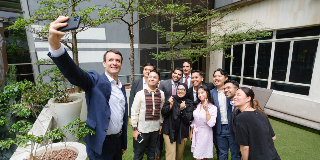
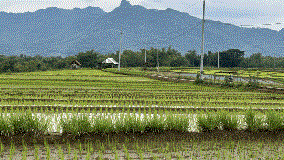

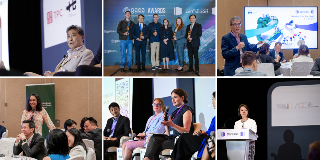

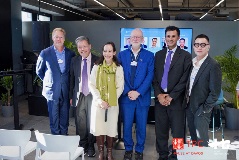
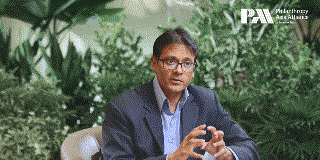
.tmb-.gif?Culture=en&sfvrsn=b5ece239_1)
.tmb-.gif?Culture=en&sfvrsn=6fb3b6df_1)

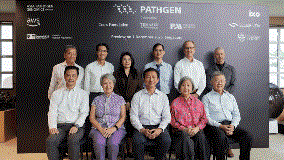
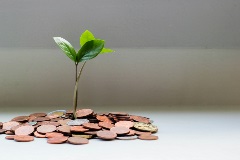
.tmb-.jpg?Culture=en&sfvrsn=fedc60fc_1)
